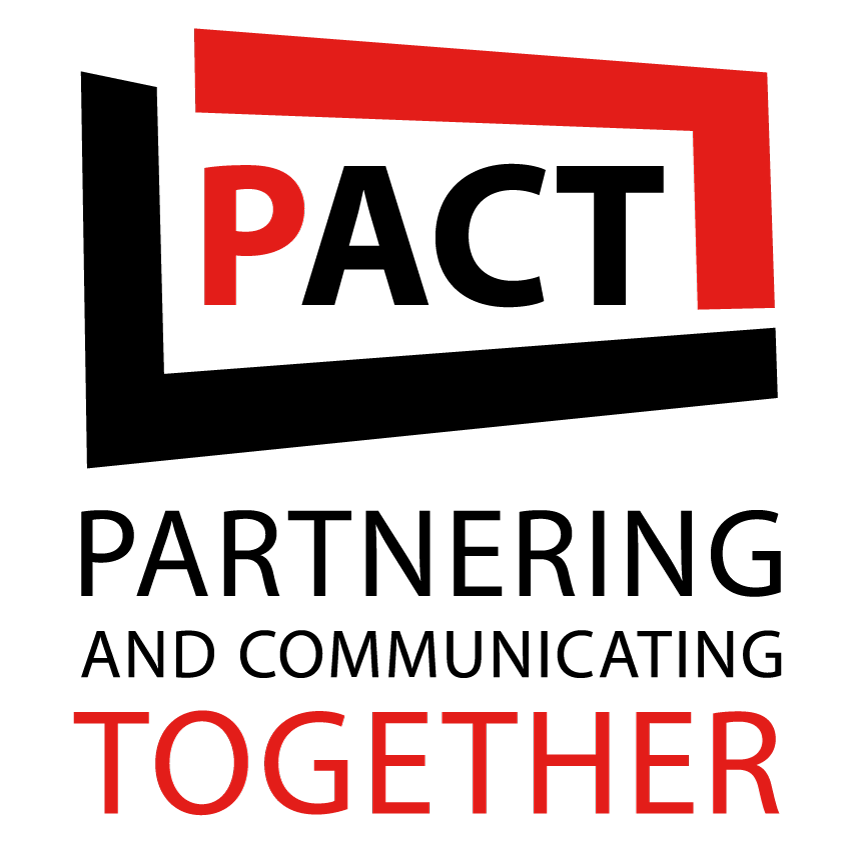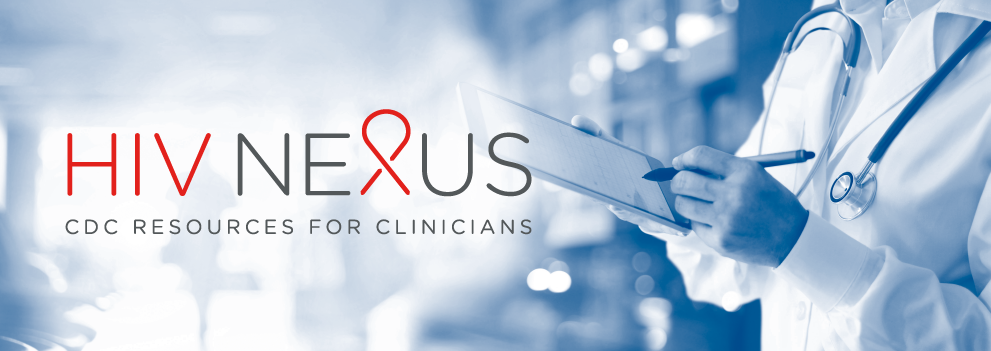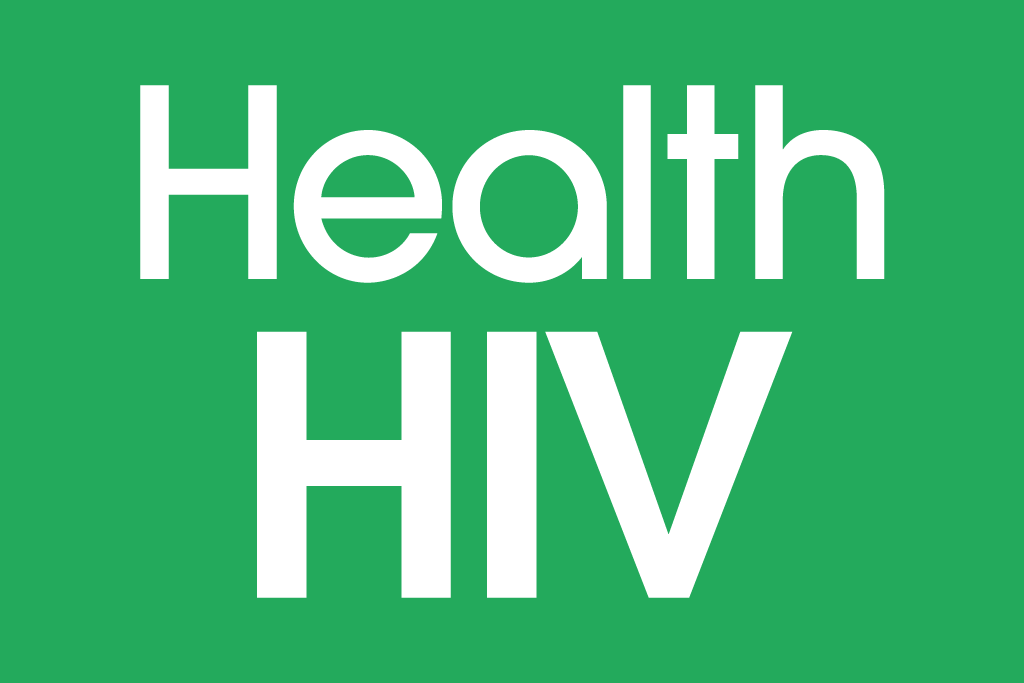Washington, DC – December 1, 2022 — Today on World AIDS Day, as we consider the theme Equitable Access, Everyone’s Voice, we reflect on 40 years of HIV and the 36 million lives lost to the epidemic. We also commemorate the heroic efforts of the scientists, policy makers, clinicians, public health workers, and advocates who paved the way for our work and moved our nation’s goal of ending the HIV epidemic from pipe dream to possibility. While we have made tremendous strides toward this goal, we also must acknowledge the impact and trauma of the COVID-19 pandemic and the ongoing uncertainty caused by the Delta and now Omicron variants of the virus. As the COVID-19 pandemic has dominated our nation’s attention, it has obscured and, in many ways, “eclipsed” the health disparities and inequities that drive the HIV epidemic–which we refer to as the “COVID eclipse.”
The COVID eclipse has made it clear that we need a vision that combats the HIV epidemic through a health equity lens and makes the epidemic and those affected by it visible once again.
Today, as the White House releases the latest National HIV/AIDS Strategy, a renewed vision is being set for our HIV response. To be successful, this response must support our networks of community-based and AIDS-service organizations, health departments, and clinical providers who are on the front lines of the HIV epidemic and the COVID-19 pandemic. It also must consider and advance this year’s World AIDS Day theme of Equitable Access, Everyone’s Voice through inclusive, cross-cutting strategies that address the social determinants that fuel the epidemic and uplift communities most affected by the virus through meaningful engagement of those living and aging with HIV, people who use and/or inject drugs, lower income people, BIPOC communities, and all people marginalized due to their gender identities and sexual activity.
As we hopefully emerge from the shadow of COVID-19, let’s do so with a deeper understanding of the societal forces that drive epidemics and a renewed commitment to realize the vision of an equitable end to the HIV epidemic. Now, in honor of those we’ve lost to the epidemic and those living with HIV, let’s forge ahead and make this vision a reality.
HealthHIV leads the following national programs which address ending the HIV epidemic: Alive! Maryland, the Maryland Department of Health’s health workforce capacity building program; the HIV Prevention Certified Provider medical education program; PleasePrEPMe.org; and the Effi Barry Training Institute, DC Health’s HIV prevention training and technical assistance program. These programs are supported by several national coalitions and centers, including the National Coalition for LGBTQ Health, the National Resource Center for Care Coordination and Pozitively Aging with HIV, and the National Center for Health Care Capacity Building. Learn more at HealthHIV.org.




